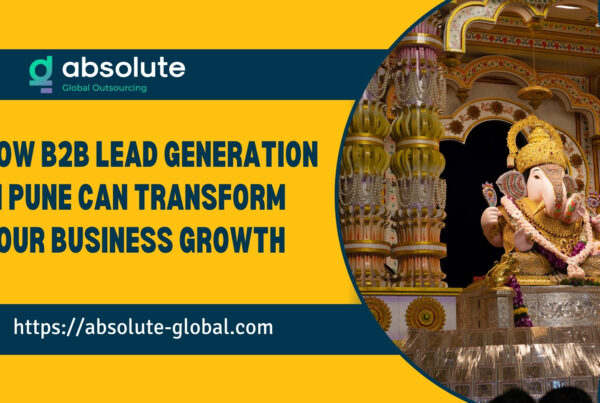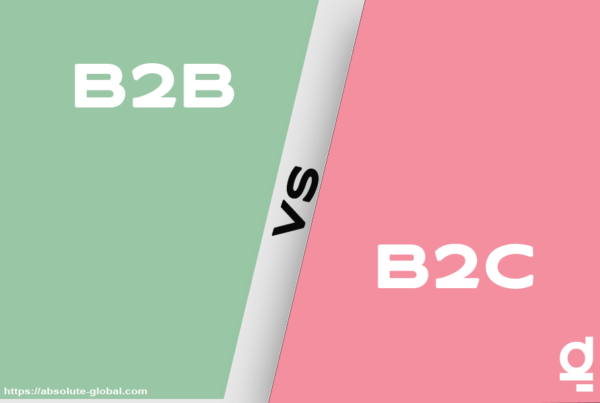Introduction :
In today’s diverse and interconnected world, inclusive marketing has grown in importance for businesses seeking to authentically connect with their target audience. Inclusive marketing does more than just acknowledge diversity; it celebrates and embraces it, making sure that all people feel represented, valued, and included in brand messaging and campaigns. Let’s look deeper into what marketing entails and why it’s so important for modern businesses.
Understand Inclusive Marketing
Inclusive marketing is fundamentally about creating content, messaging, and experiences that reflect and respect your target audience’s diversity. It entails recognizing and representing people from various backgrounds, cultures, abilities, genders, sexual orientations, ages, and other factors in your marketing efforts. B2B marketing seeks to cultivate a sense of belonging and connection among all individuals, regardless of their differences.
The Importance of Inclusive Marketing:
1. Reflecting Reality
Inclusive marketing recognizes the realities of our diverse society. By accurately representing your audience’s diversity in marketing campaigns, you demonstrate that your brand values and respects all people, regardless of their background.
2. Developing Trust and Loyalty
When customers see themselves represented in your marketing materials, they are more likely to feel seen, heard, and valued by your company. This fosters trust and affinity, resulting in stronger customer relationships and brand loyalty.
3. Expanding Your Audience
Inclusive marketing enables you to reach and engage with a larger audience. Catering to diverse demographics and segments allows you to tap into new markets and attract customers who may have previously felt marginalized or overlooked.
4. Promoting Innovation and Creativity
Accepting diversity in your marketing initiatives can encourage creativity and innovation among your team members. Different perspectives and experiences bring new ideas to the table, resulting in more innovative campaigns that appeal to a wider audience.
5. Creating a Positive Impact
Inclusive marketing is not only good for business; it is also socially responsible. By promoting diversity, equity, and inclusion in your marketing efforts, you can help to create a more b2b society while also challenging harmful stereotypes and bias.
Implementing Inclusive Marketing Strategies.
1. Educate yourself and your team.
Begin by educating yourself and your team on the value of b2b marketing and the various aspects of diversity. Encourage open conversations about bias, privilege, and representation to raise awareness and understanding.
2. Conduct audience research.
Invest time in learning about your target audience’s demographics, preferences, and cultural nuances. Surveys, focus groups, and market research can help you gather insights for your b2b marketing strategies.
3. Diversify Your Content and Imagery
Ensure that your marketing materials feature a diverse range of people, including individuals of different races, ethnicities, genders, ages, body types, abilities, and backgrounds. Avoid stereotypes and tokenism, and strive for authentic representation.
4. Collaborate with Diverse Voices
Partner with influencers, content creators, and organizations that represent diverse communities and perspectives. Collaborative efforts can help amplify your message and reach new audiences authentically.
5. Listen and Adapt
Be receptive to feedback from your audience and be willing to adapt your marketing strategies based on their input. Create avenues for dialogue and actively listen to diverse voices to ensure that your marketing efforts remain inclusive and relevant.
Conclusion (Inclusive Marketing) :
Inclusive marketing is more than just a fad; it represents a fundamental shift in how businesses approach their marketing strategies and interact with their customers. By incorporating diversity, equity, and inclusion into your marketing campaigns, you can make more meaningful and authentic connections with your target audience, drive positive social change, and ultimately build a stronger and more b2b brand.




